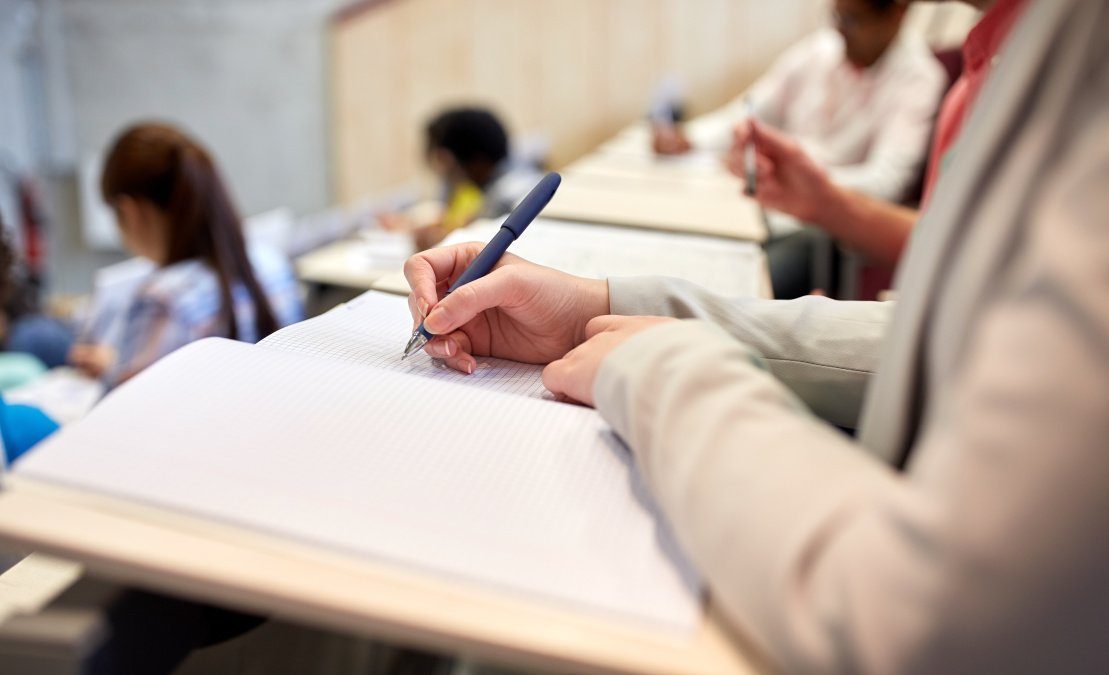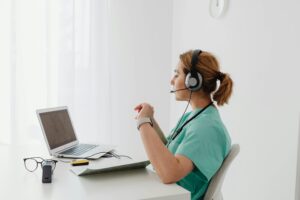In lectures, a vast amount of data is bombarded towards the student, and if the student doesn’t take proper notes, things get pretty difficult when exams are near.
Before we can jump into how to do well in medical school you first need to look back at how you studied in the old days.
Usually, it was a combination of two to three things that gave you enough room to suck in all the data in your brain.
Life of a first-year medical student might seem a bit struggling at first, but as you proceed to higher levels in your medical school, you will realize that you need to do what works best for you.
However, the good news is, there are some tips that can help you choose what will work best for you.
Go over the lecture beforehand
This is the most effective technique to retain any new information that you will learn during the lecture. Once you’ve gone through the contents of the lecture, you’ll have an idea about the topic.
Secondly, you will have more time to do the research later on. You have grasped over the theme of the subject, now you just need to focus on the perspective given by your teacher.
Use a Voice Recorder
When someone asked Albert Einstein, what is your birthday? He replied, “Wait, let me check, I have written it somewhere.” What? Don’t you remember your own birthday? To which Einstein replied, “Why do I need to remember something that is meaningless?”
Of course, you don’t need to be Einstein in your lectures, but what you can do is to record your lectures to review them later. This will give you an edge while you’re taking the lecture, so you can ask questions and learn more about the subject.
Review after the lecture
This might seem a bit obvious one, but you will benefit big time by simply reviewing the lecture after the class. When the material is still fresh in your mind, it will make the transition easy from your short-term memory to long-term memory.
Another benefit you’ll get is that it will be easy for you to recall that information a couple of months down the road near the final exams.
Make effective notes
Here again, you need to do something that works best for you. Some students do mind maps to take notes, others prefer shorthand notetaking.
You need to test and run, and figure out what is working for you.
You might find fascination is drawing rather than writing. If yes, take visual notes.
Whatever you do, ensure that it is drawing results in the end.
To conclude it all. Notetaking is an art. And the thing with art is, the more you do it, better you’ll get at it.
Call WUSOM today at 1-869-466-1220/6157 for information about earning a Caribbean medical degree. You can also complete our quick online contact form today.







